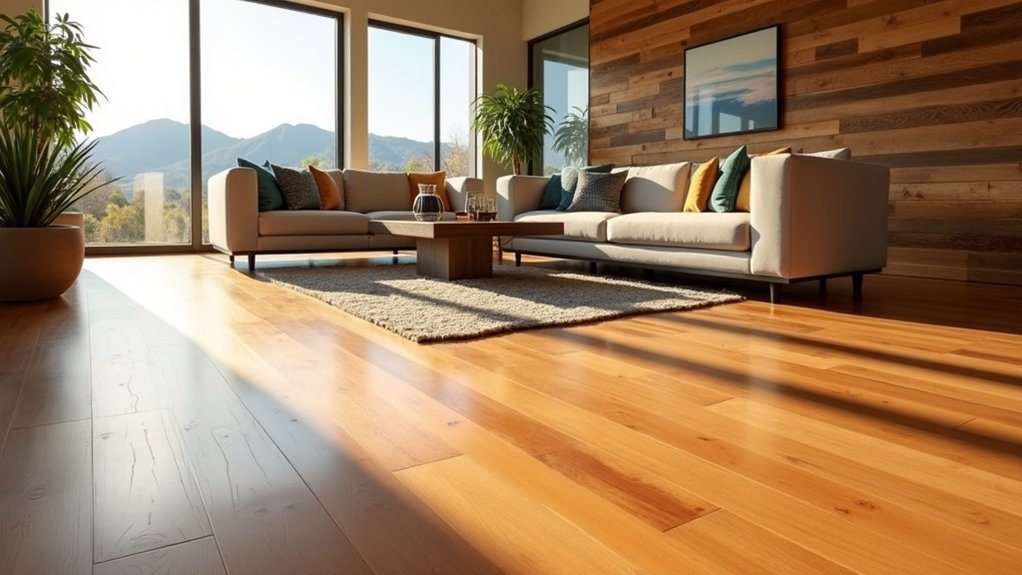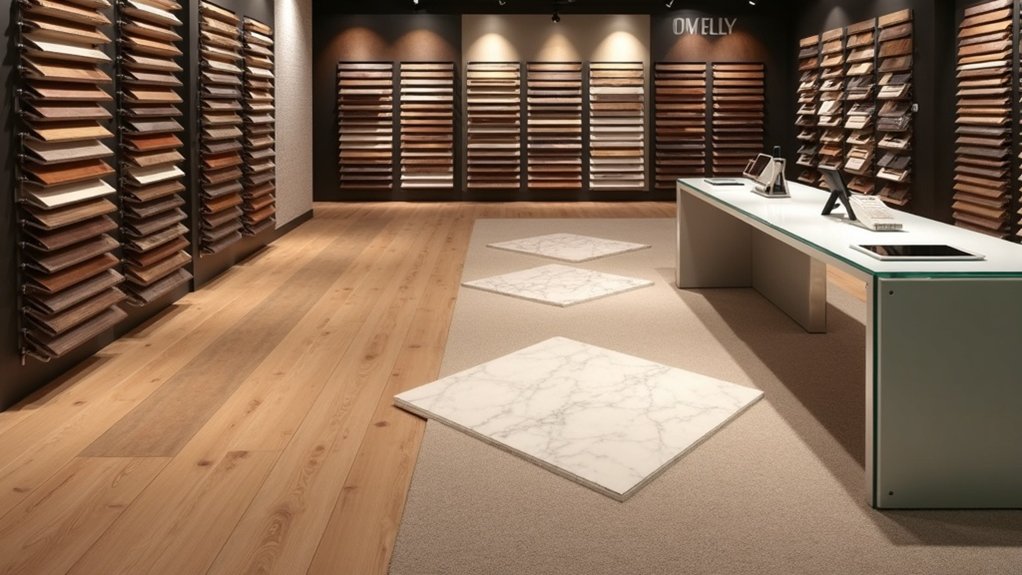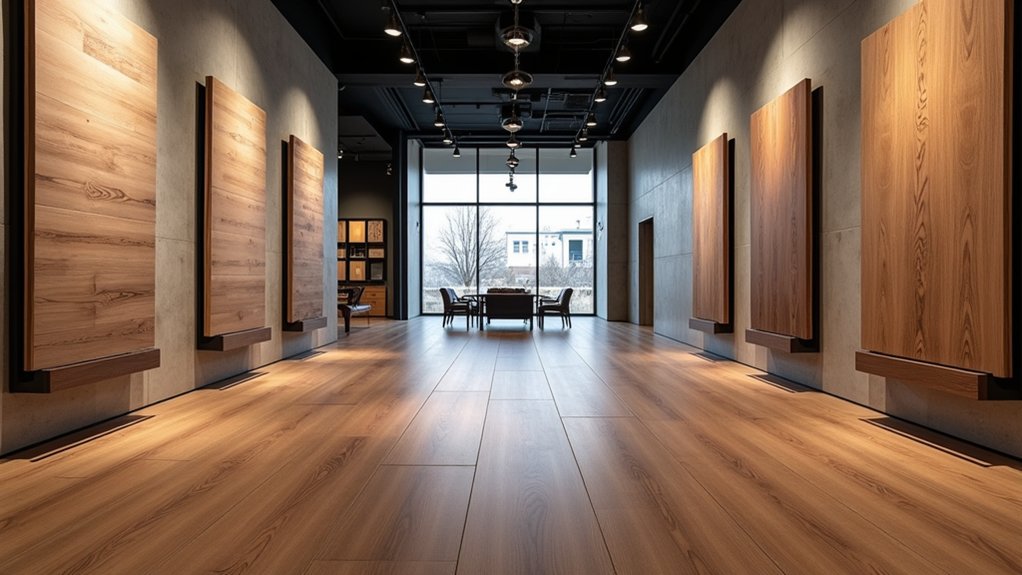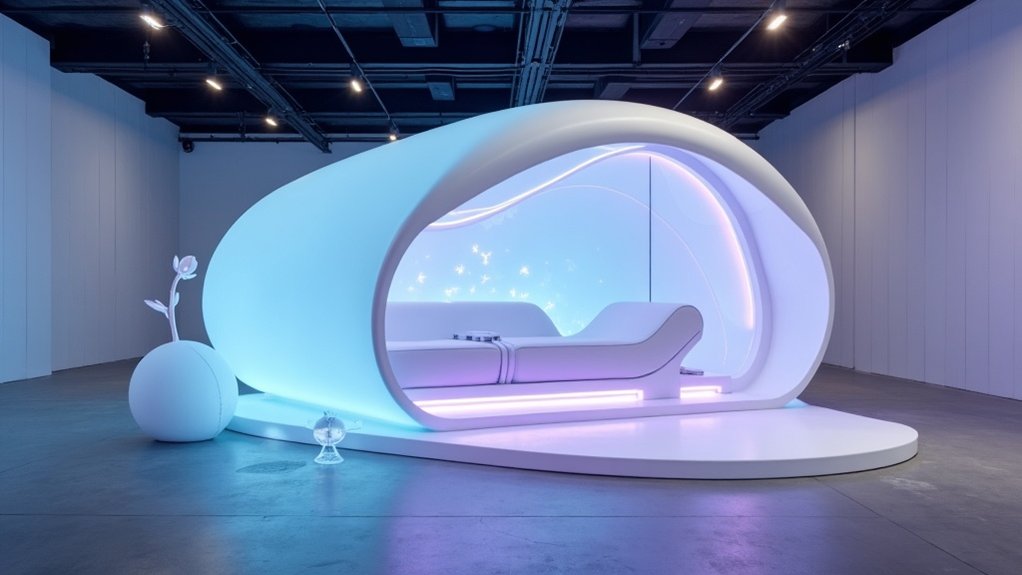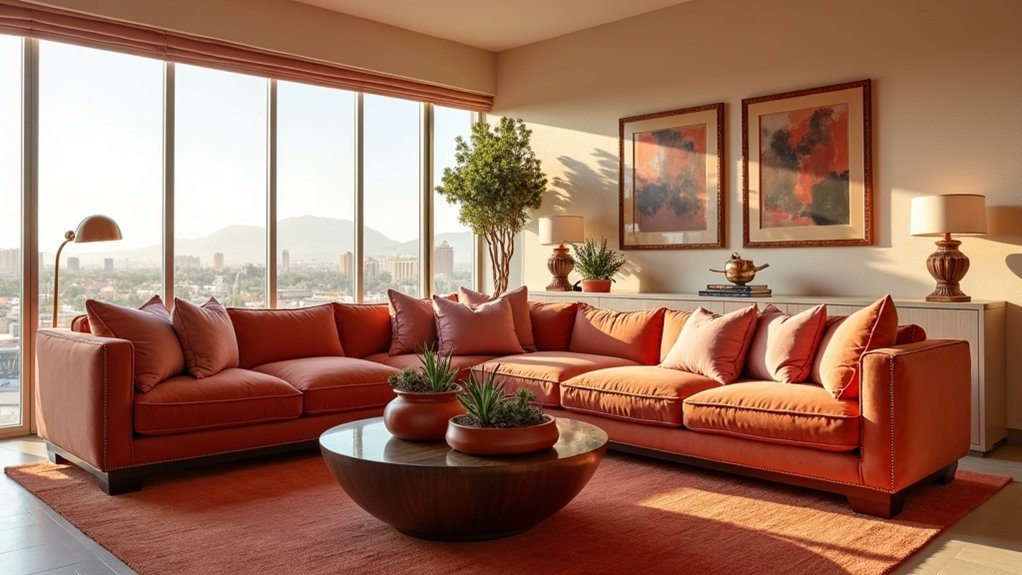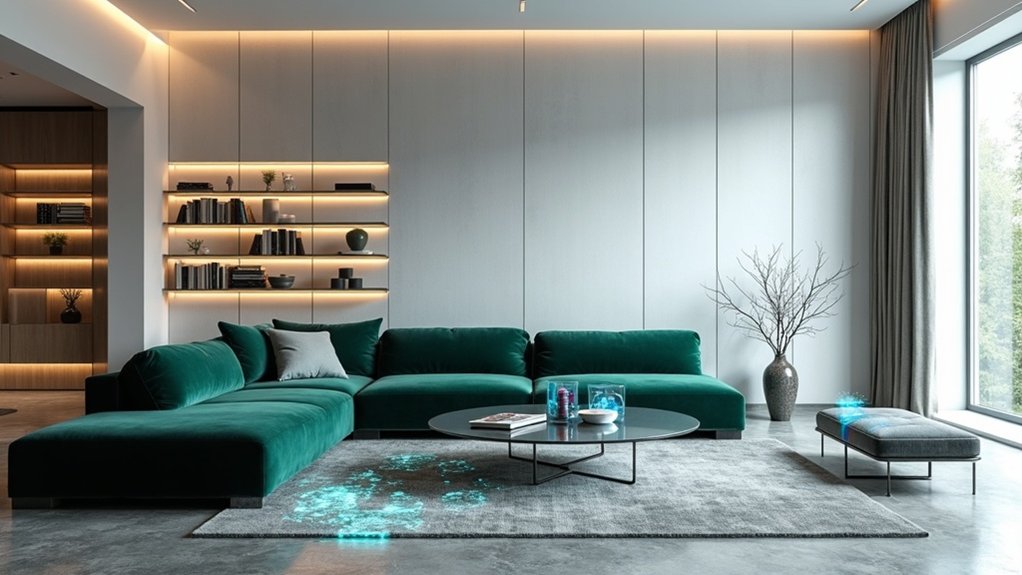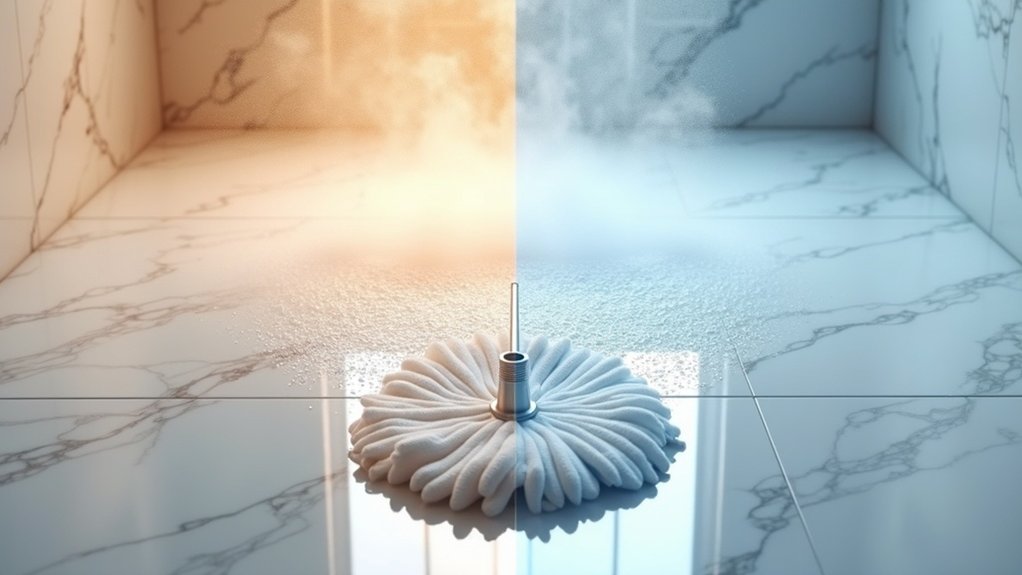As homeowners increasingly prioritize environmental responsibility alongside aesthetic appeal, the flooring industry has responded with innovative eco-upgrades that transform living spaces while minimizing ecological impact. Denver’s 2025 market environment reveals a compelling shift toward sustainable materials and healthier indoor environments, challenging traditional flooring choices with alternatives that deliver both performance and planetary benefits.
The emergence of low-VOC adhesives and finishes represents a fundamental transformation in how modern flooring protects indoor air quality. These formulations drastically reduce harmful pollutants that traditionally off-gassed into living spaces, while matte and satin finishes trending throughout Colorado homes offer practical advantages beyond aesthetics. Current interior design trends emphasize the importance of creating healthier environments, which aligns perfectly with these eco-friendly flooring solutions.
Low-VOC finishes revolutionize flooring by protecting air quality while matte sheens hide imperfections naturally.
These subtle sheens effectively hide dust and scratches, reducing the frequency of chemical cleaners needed for maintenance. Engineered hardwood exemplifies this evolution, combining low-VOC construction methods with responsibly sourced veneers that maximize material yield per tree harvested.
Alternative materials have gained remarkable traction among environmentally conscious consumers seeking sustainable options without sacrificing durability. Bamboo‘s rapid regeneration cycle positions it as a compelling alternative to slow-growth hardwoods, while cork delivers unexpected benefits including natural antimicrobial properties and superior sound absorption.
Reclaimed hardwood embodies circular economy principles by transforming salvaged materials into unique statement pieces, each plank carrying distinctive character marks from its previous life.
Technology has revolutionized luxury vinyl plank and tile manufacturing, creating products that convincingly replicate natural materials while offering superior water resistance for damp areas. These advancements democratize access to nature-inspired aesthetics at accessible price points, particularly appealing to families requiring durable, low-maintenance solutions.
The realistic wood and stone patterns now available through advanced printing techniques blur the line between synthetic and natural materials. Modern click-lock technology eliminates the need for adhesives entirely, enabling homeowners to install floating floors themselves while reducing installation costs and environmental impact from professional transport.
Design longevity emerges as a vital sustainability factor, with white oak and warm, earthy palettes replacing cool gray trends to create timeless spaces that resist style obsolescence. White oak’s moisture resistance makes it particularly suitable for Denver kitchens and bathrooms, where seasonal humidity fluctuations can challenge less resilient materials. Wider planks reduce seam counts while showcasing natural grain patterns, creating visually expansive rooms that maintain their appeal across decades.
FSC certification provides essential third-party verification of responsible sourcing practices, ensuring supply chain transparency that resonates with Denver’s increasingly eco-minded consumer base demanding accountability alongside beauty in their flooring investments.
